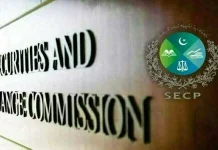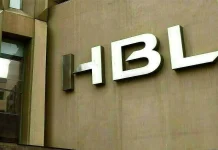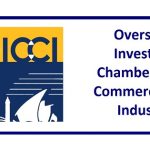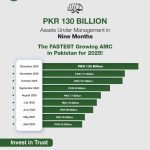Industry observers urge buyers in emerging markets to lock in prices ahead of likely cost increases
A major policy shift in China, the world’s dominant solar photovoltaic (PV) supplier, could soon trigger upward pressure on solar module prices globally, particularly impacting emerging markets.
According to recent reports in Chinese media, Beijing is reportedly considering the full withdrawal of its export tax rebate policy for solar PV products. The rebate, which had already been reduced from 13% to 9% earlier in 2024, has been a key support mechanism for manufacturers navigating the competitive global market.
The potential move to scrap it entirely is being closely watched by solar industry stakeholders worldwide.
“This rebate cut, if finalized, could represent a significant inflection point for global solar pricing,” said one energy analyst tracking Chinese trade policies. “With margins already razor-thin, the removal of rebates will likely be passed on to buyers in the form of higher module prices.”
To illustrate the scale of the policy’s impact, top-tier manufacturers have historically benefitted massively from the rebate. For instance, Jinko Solar, one of China’s leading solar companies, reportedly received an “export tax rebate (VAT exemption-credit-refund)” of RMB 5.599 billion for 2024.
China currently supplies nearly 90% of the world’s solar panels, making its internal policy shifts consequential for international markets. Analysts suggest that developing nations where procurement cycles are often price-sensitive could be disproportionately affected by the ripple effects of such a policy change.
There are already signs of market recalibration. Some suppliers in Southeast Asia and the Middle East have reportedly begun preparing for gradual price adjustments to protect operating margins amid growing uncertainty.
A procurement consultant based in the Gulf commented, “We’ve heard from multiple vendors that they’re factoring in potential rebate elimination scenarios into their Q3 and Q4 pricing models. This isn’t panic, it’s planning.”
For large-scale buyers and EPC contractors, the evolving situation underscores the importance of timing. Locking in orders while current prices hold could prove to be a strategic move in an otherwise unpredictable pricing environment.
While no official announcement has been made by Chinese authorities as yet, the signals are strong enough for industry watchers to recommend early procurement and contractual hedging.
Also Read: State Bank Finalizes Design for New Currency Notes; Cabinet Approval Awaited
































